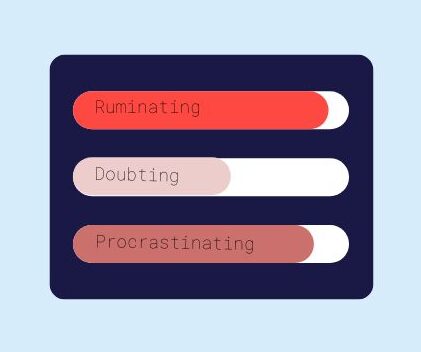
When it comes to selecting a therapy for your child or teen, there are several of different types of therapy approaches and therapist to choose from; it can be overwhelming to research theoretical orientations and techniques that therapists use. As the consumer of mental health services, this post is to guide you through an overview of these types of approaches to therapy and practice.
Here is a beginning point: not all psychologists, counselors or clinicians have been trained on how to provide all types of treatments. Therapists often refer to their approach to treatment as their “theoretical orientation.” You should ask a potential therapist for your child, teen, or yourself about his/her theoretical orientation and familiarity with the treatment of the difficulties you are looking for help with (e.g. anxiety, depression, etc); their answer will help you decide about whether their approach to therapy could be helpful to you or not. There are two major distinctions when looking at therapy approaches: talk therapy and empirically supported treatments.
What is individual talk therapy?
As the name suggests, this type of therapy provides an environment to talk about the problem. Most people call it “venting.” While it feels great to talk about a problem, it is not problem-focused. Nearly all therapists have training in talk therapy, but make sure the therapist you choose has specific training and experience working with parents, children, and teenagers.
What are empirically-supported treatments?
Empirically-supported treatments are treatments that have been extensively researched and their outcomes demonstrated their effectiveness when working with client struggling with a particular problem. Cognitive-Behavioral Therapy (CBT) is one of the most popular evidence-based treatments for children, adolescents, and adults struggling with mood, anxiety, OCD and personality problems. A traditional CBT approach is looking at the relationship between thoughts, feelings, and behaviors and its primary intervention is dedicated to target specific ways of thinking that drive ineffective behavior.
Within CBT there are different types of therapy such as Dialectical Behavior Therapy (DBT), Mindfulness Based Stress Reduction (MBSR), Mindfulness Based Cognitive Therapy (MBCT), and Acceptance and Commitment Therapy (ACT). Below there is a brief description of each one of these types of therapy:
What is Dialectical Behavioral Therapy?
Dialectical Behavior Therapy (DBT) is a derivative of cognitive behavioral therapy that was originally developed by Marsha Linehan to treat borderline personality disorder (BPD)/emotion dysregulation problems including suicidal or para-suicidal behaviors. DBT is a manualized treatment and recognized as the gold standard for BPD. DBT teaches four different skills: mindfulness, distress tolerance, interpersonal effectiveness, and emotional regulation with the purpose of helping clients to regulate their emotional experience and engage in effective behavioral responses instead of ineffective emotion driving behaviors.
What is Acceptance and Commitment Therapy?
Acceptance and Commitment Therapy (ACT; said as one word, not the letters) is a third wave therapy that integrates mindfulness and contemporary behavioral therapies. ACT emphasizes processes such as mindfulness, acceptance, values, to name a few, in helping clients overcome psychological obstacles in their lives. A basic assumption of ACT is that suffering is a normal and unavoidable part of human experience and that it is actually people’s attempts to control or avoid their own painful experiences that lead to much long-term suffering and what doesn’t work in people’s lives. ACT helps people learn ways to let go of the struggle with pain, be more mindful, get clarity on what really matters to them, and to commit to living full, vibrant lives. The goal of therapy is not to eliminate certain parts of one’s experience of life, but rather to learn how to experience life more fully, without as much struggle, and with vitality and commitment towards behaviors that matter.
What is Mindfulness Base Cognitive Therapy?
Mindfulness Based Cognitive Therapy (MBCT) integrates elements of CBT with mindfulness-based interventions, and it’s usually delivered in a group setting. MBCT has showed to be effective in the treatment of clients struggling with three or more recurrent depressive episodes.
What is Mindfulness Based Stress Reduction?
Mindfulness–Based Stress Reduction (MBSR) is based in the clinical work of John Kabat-Zinn and it has been proved to be effective for the treatment of daily stress, chronic pain, and coping with general medical conditions. A key feature of MBSR is learning mindfulness skills that will teach you how to focus on the present moment and pay attention to your surroundings, emotions, thoughts, and body without engaging in ineffective coping responses.
We hope this information about different types of therapy was helpful to you in selecting the most effective treatment possible for you, your teen, and your family.
References
Grover, S. (2015). How to Choose the Right Therapist for Your Child. Psych Central. Retrieved on February 12, 2017, from https://psychcentral.com/blog/archives/2015/05/31/how-to-choose-the-right-therapist-for-your-child/
Ungar, Michael. (2010). Finding a great therapist for your child. Psychology Today. Retrieved from: https://www.psychologytoday.com/blog/nurturing-resilience/201011/finding-great-therapist-your-child







